John Fea finishes history department colloquium
Concluding the history department colloquium for the fall semester, John Fea lectured on President Trump’s Christian advisers and the historical context of their position.
Fea, who identifies as an evangelical Christian, visited from Messiah College, where he is a professor of early colonial history. His latest book , entitled “Believe Me: The Evangelical Road to Donald Trump.”covers evangelical Christians and Donald Trump The book was prompted by several blog posts as well as nearly thirty op-ed newspaper articles throughout the 2016 election cycle.
John Fea encouraged students to become active citizens through engaging the relationship between religion and politics in American life.
“I think any Calvin student, in order to be a responsible citizen, needs to understand how we’ve gotten to the particular political moment that we’re in,” stated Fea, whose own daughter is a sophomore at Calvin. “Christians who voted for Donald Trump or who didn’t vote for Donald Trump just didn’t fall from the sky. There’s a long trajectory of changes that have happened through the years that brought 81% of American Evangelical Christians to vote this man for president.”
In his lecture, Fea created a narrative to answer how history facilitates our understanding of the democratic government and our political community on campus. He stated that “political dimensions need to be understood in context.”
To provide context, Fea referenced a case study of the late medieval clergy who served the king and his court. Using the reflections of scholars from the 13th and 16th centuries, Fea argued that the secular courtier’s goal to win the favor of the king caused an environment of greed, dishonesty and competition in the court. This environment contrasted greatly with the virtues of spiritual counselors, and the actual practices of the king’s clergy showed that they had succumbed to the whims of the king.
Fea argued that Christians should recognize this same inconsistency in the U.S. version of religious courtiers. Fea’s term, court evangelical, describes a “Christian who, like the attendants and advisers who frequented the courts of monarchs, seeks influence through regular visits to the White House,” as Fea defined in an article in July 2017. In his lecture, Fea cited Liberty University president Jerry Falwell Jr. and mega-church pastor Robert Jeffress as illustrations of court evangelicals.
Fea finds the religious themes of “fear, pursuit of worldly power and a nostalgic longing for a Christian golden age” in the evangelical community. Bringing forward historical examples of this fear, Fea referenced the Salem Witch hunts, the fear of Catholic immigrants and the battle against the evolutionary theory. He argued that Trump’s election for the evangelical community was a response to decades of a rising fear that the U.S. was faced with a decline in its Christian identity.
Fea left us with the questions of why these court evangelicals “prefer words of flattery over a prophetic Christian voice” and what should Christians do about it.
In April 2018, Wm. B. Eerdmans Publishing Co. will publish Fea’s “Believe Me: The Evangelical Road to Donald Trump.” The acquisitions editor David Bratt was present for the lecture and confirmed the title of the publication.




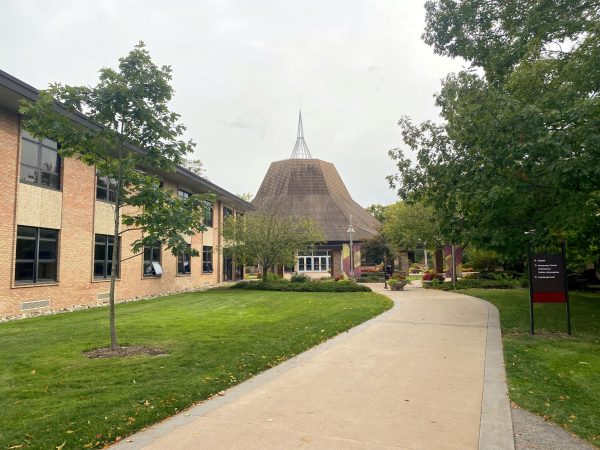
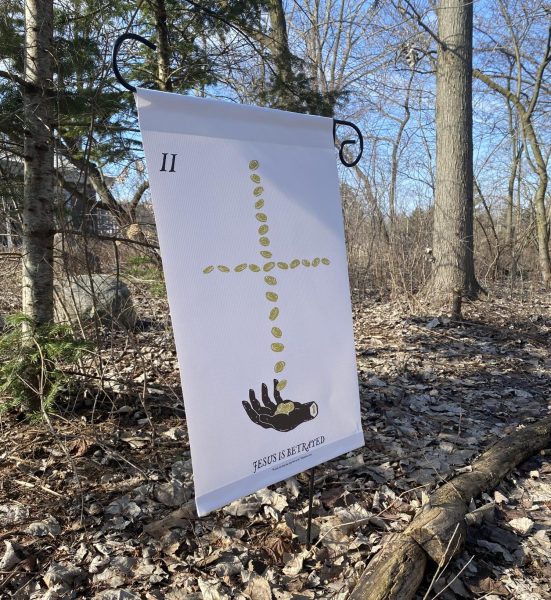
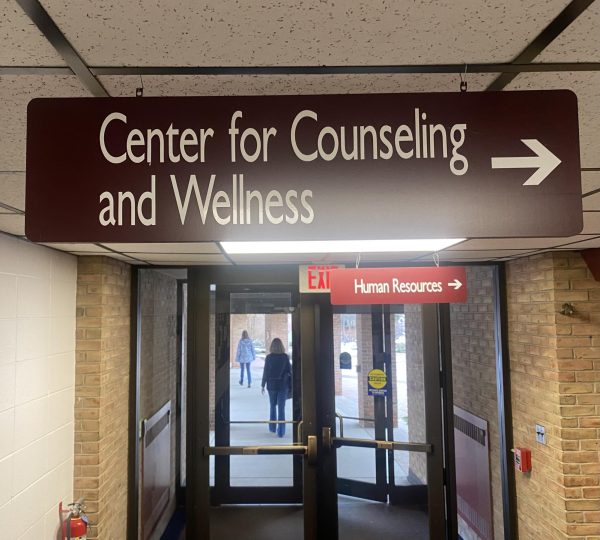
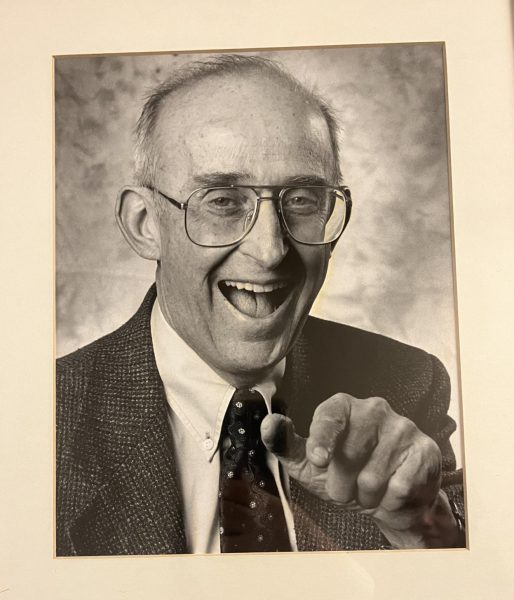
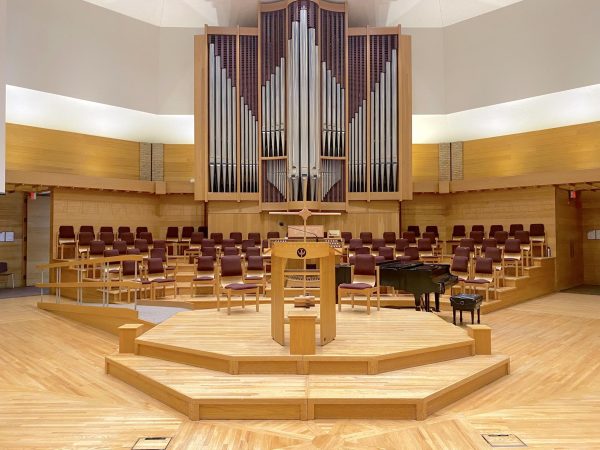
Sick Scott • Dec 1, 2017 at 10:29 am
As a descendant ofmRichard Scott who migrated to Providence, the arm pit of New England, to build a home next to Roger Williams, and long an American Baptist I am a fervid acolyte to those of Faith who are firm in the separation of church and state.
False piety, a piety without honor or virtue, ampiety that forgot the message delivered by Jesus, or Buddha, or Mohammed . That they who love the,selves and their robes have lost that love for one another tops all.